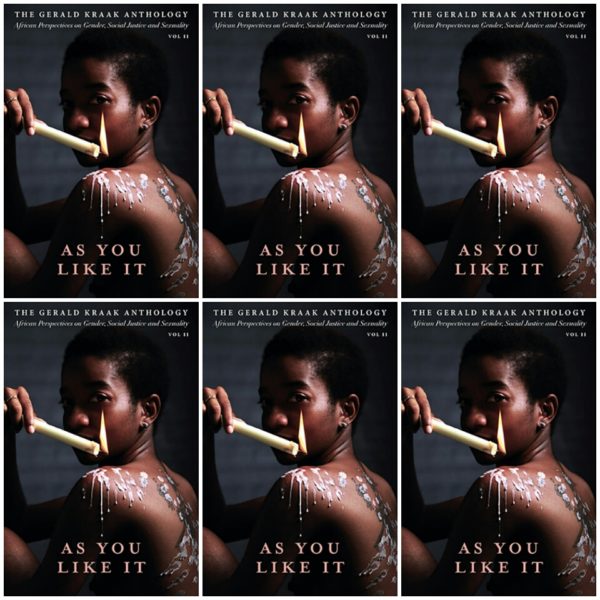
Brittle Paper‘s deputy editor Otosirieze has joined the panel of judges for the 2018/19 Gerald Kraak Prize. He had been shortlisted for the prize’s inaugural edition in 2016. The organisers made the announcement via a press release:
The Gerald Kraak Prize and Anthology would like to welcome Otosirieze as a judge for the 2018/19 Gerald Kraak Prize and Anthology. He will judge the prize alongside judges Sisonke Msimang, Sylvia Tamale and Mark Gevisser.
Founded in 2016 by the Jacana Literary Foundation and the Other Foundation, in honour of the late activist Gerald Kraak, the R25 000 Gerald Kraak Prize aims to honour writing and photography by Africans which “provoke thought on the topics of gender, social justice and sexuality.” Shortlisted works are published in an anthology. The 2016/17 award went to Ugandan-born Kenyan photographer Sarah Waiswa and Kenyan writer Farah Ahamed. Its anthology, Pride and Prejudice, was launched in May 2017. The 2017/18 award went to Nigerian nonfiction writer Pwaangulongii Dauod. Its anthology, As You Like It, was launched in May 2018. Submissions for the 2018/19 prize closed on 31 August 2018. The shortlist will be announced in December and the winner at a ceremony in Johannesburg in 2019.
Here are the 2018/19 Gerald Kraak Prize judges.
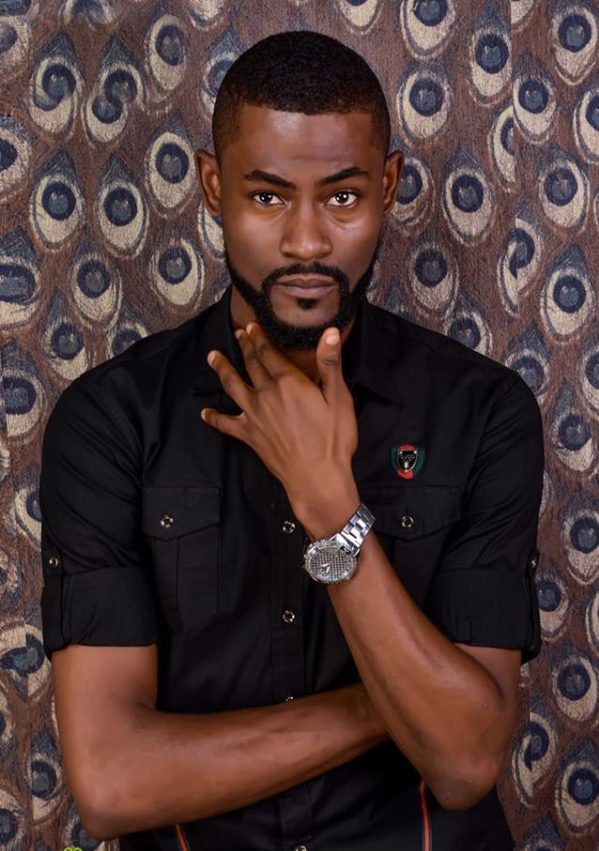
Otosirieze is a writer, editor, and literary journalist. He
is an editor at 14, Nigeria’s first queer art collective, which has published two volumes: We Are Flowers (2017) and The Inward Gaze (2018). He is the curator of the Art Naija Series, a sequence of themed e-anthologies of writing and visual art exploring different aspects of Nigerianness, including Enter Naija: The Book of Places (2016), Work Naija: The Book of Vocations (2017), and the forthcoming Beats Naija: The Book of Music (2018). His fiction has appeared in The Threepenny Review and Transition, and has been shortlisted for the inaugural Gerald Kraak Prize and for the Miles Morland Writing Scholarship. He attended the University of Nigeria, Nsukka and taught English at Godfrey Okoye University, Enugu. He has completed a collection of short stories, You Sing of a Longing, and is represented by David Godwin Associates. He can be found at otosirieze.com.
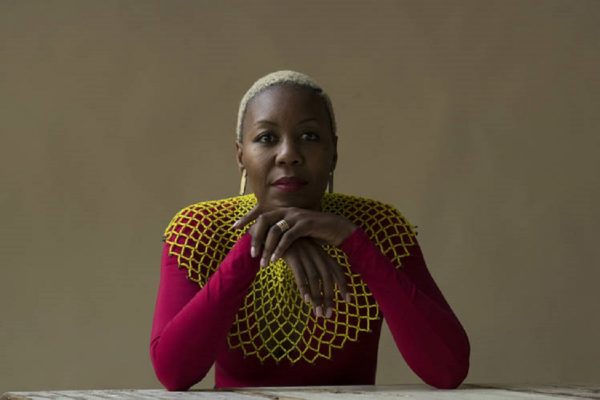
Sisonke Msimang is the head judge of the award and is a writer and columnist for the Daily Maverick in South Africa. She has held fellowships at Yale University, the Aspen Institute and the University of the Witswatersrand in Johannesburg. She was born in Swaziland to parents who were political exiles and raised in Zambia, Kenya
and Canada, before going to the US as an undergraduate. Her family returned to South Africa after the release of Nelson Mandela and the unbanning of liberation movements in the early 1990s. She currently lives on planes, navigating the distance between South Africa and Australia. She is the author of Always Another Country: A Memoir of Exile and Home.
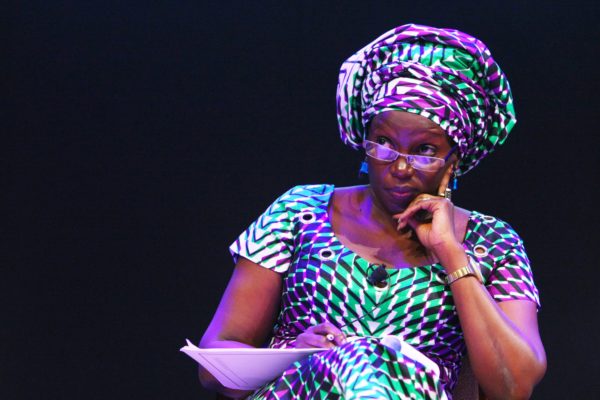
Sylvia Tamale is a Ugandan academic and human rights activist in Uganda. She was the first female dean in the Law Faculty at Makerere University, Uganda. In 2011 she published the book African Sexualities – A Reader. Her research interests include gender and sexuality, women in politics and feminist jurisprudence. Tamale has published extensively in these and other areas and has served as a visiting professor at several academic institutions globally and on a number of international human rights boards. Tamale holds an LLB from Makerere University, an LLM from Harvard Law School and a PhD in sociology and feminist studies from the University of Minnesota.
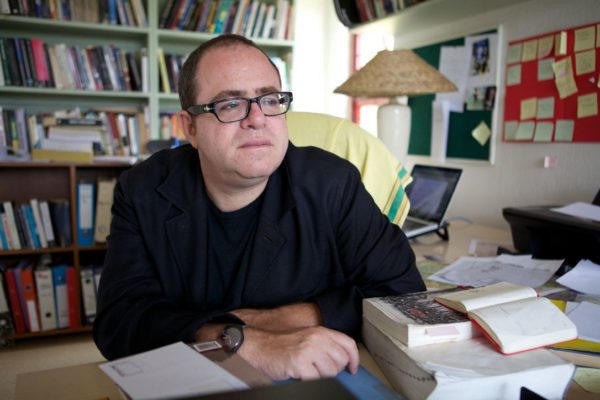
Mark Gevisser graduated from Yale University in 1987 with a BA magna cum laude. His books include Defiant Desire: Gay and Lesbian Lives in South Africa (1994), which he edited with Edwin Cameron; Portraits of Power: Profiles in a Changing South Africa (1996), a collection of his celebrated profiles from the Mail & Guardian; Thabo Mbeki: The Dream Deferred, which won the 2008 Sunday Times Alan Paton Award for Non-Fiction; and Lost and Found in Johannesburg: A Memoir (2012), which was shortlisted for both the Sunday Times Alan Paton Award and the Jan Michalski Prize for World Literature. He wrote and produced a feature-length
documentary film, The Man Who Drove With Mandela (1998), which won the Teddy Award for Best Documentary at the 1999 Berlin Film Festival, and he has been shortlisted for an International Emmy for one of his scripts for the crime series, Zero Tolerance (2004). His journalism has appeared in publications ranging from The New York Times, The Guardian and Granta to most South African newspapers.
From the Gerald Kraak Prize and Anthology:
Our aim is to ensure that the anthology and information about the award will be disseminated as widely as possible throughout the African continent. To this end, Africa World Press (Ethiopia), Amalion (Senegal), FEMRITE (Uganda), Kwani (Kenya), Weaver Press (Zimbabwe) and Wordweaver (Namibia) will be associated with the project.
About The Other Foundation: The Other Foundation is an African Trust that gathers support for those who are working to protect and advance the rights, wellbeing and social inclusion of people of all sexual orientations and gender identities –and gives support in a smart way that helps groups to work better for lasting change. To learn more, please visit www.theotherfoundation.org
About The Jacana Literary Foundation: The Jacana Literary Foundation (JLF) is a not-for-profit organisation which seeks to promote and foster writing excellence from Africa through a number of initiatives. By securing funding for key projects, the JLF aims to publish literature that might not otherwise see publication for purely commercial reasons. This allows the JLF’s publishing partner, Jacana Media, to produce literature which supports the concept of bibliodiversity. We believe that it is through the reading and writing of local creative works that the truths of our lives are best told.


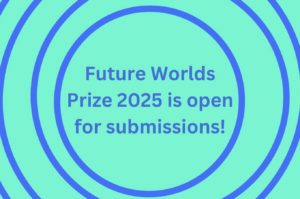
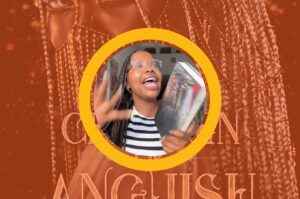
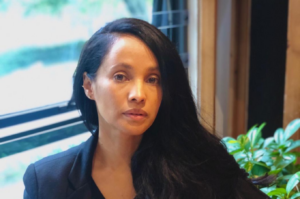
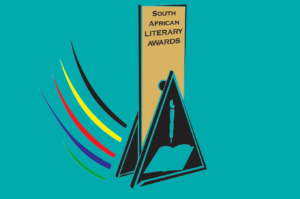
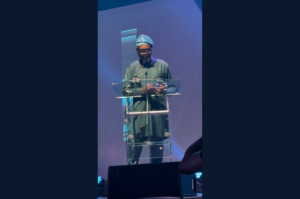


COMMENTS -
Reader Interactions